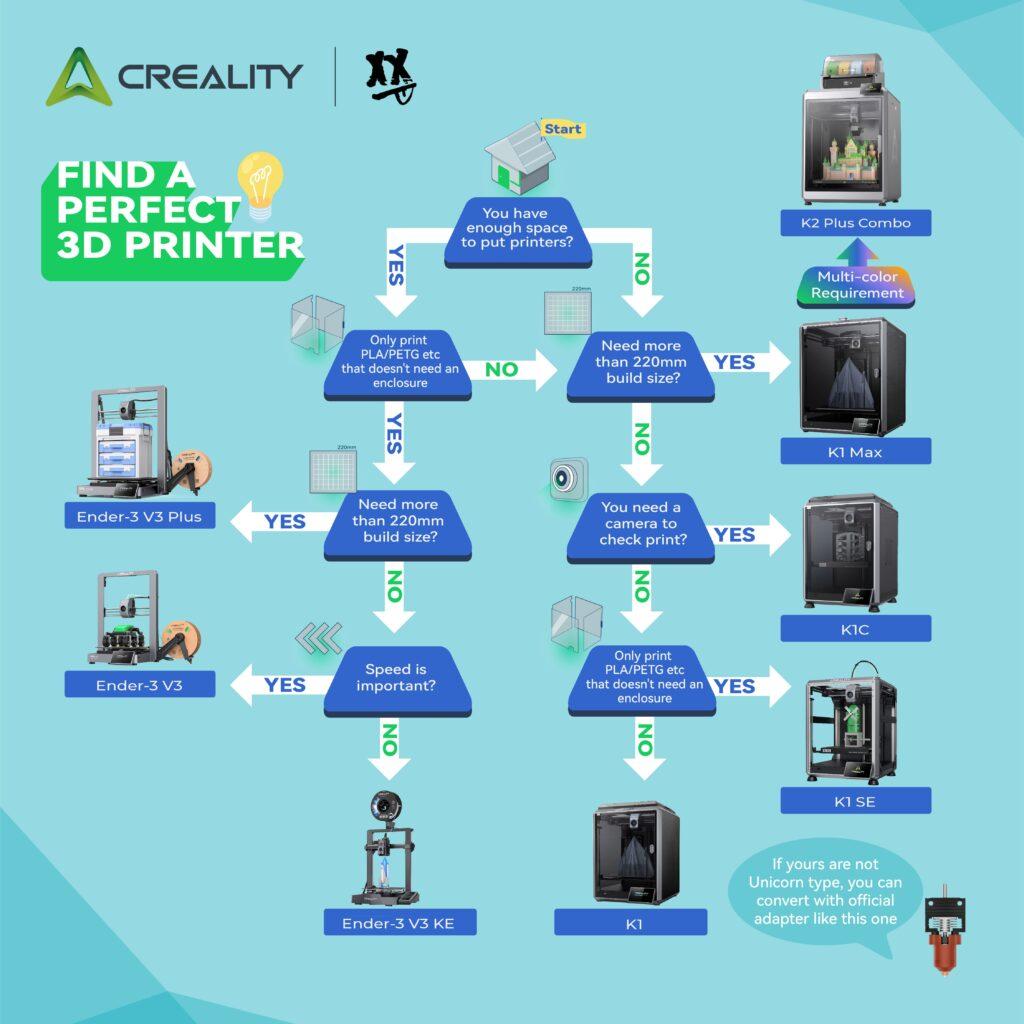
Learn how cloud-based manufacturing transforms 3D printing workflows through decentralization. Gain deeper insights into enhanced collaboration, cost-effective scalability, and groundbreaking innovation reshaping production.
Stepping into the Future of Manufacturing
Imagine effortlessly producing complex prototypes and custom products without geographical or financial barriers. Envision coordinating a global team as easily as sharing a file online, crafting precise solutions rapidly and collaboratively. This vision isn’t futuristic—it’s here today, driven by the growing adoption of cloud-based manufacturing.
In this guide, we’ll explore the profound changes that cloud-based manufacturing brings to 3D printing workflows. Through decentralization, this approach is breaking traditional limitations, enhancing collaboration, promoting sustainability, and ushering in a new era of innovation.
Defining Cloud-Based Manufacturing: The New Norm
Cloud-based manufacturing integrates advanced cloud computing technologies into traditional manufacturing practices. By managing 3D printing operations remotely via the cloud, businesses can eliminate the heavy reliance on costly, centralized equipment. Users can effortlessly control, monitor, and execute manufacturing tasks from virtually anywhere, drastically improving workflow efficiency and accessibility.
This decentralization transforms how manufacturing occurs, enabling smoother operations, reduced expenses, and unparalleled flexibility for diverse businesses—from nimble startups to global enterprises.
Why Decentralization is a Game Changer for 3D Printing
Traditionally, 3D printing required extensive local oversight, substantial upfront investments, and costly ongoing maintenance. Such constraints significantly limited collaboration, innovation, and responsiveness.
Decentralization fundamentally alters this landscape. It allows designers in Paris, engineers in Tokyo, and manufacturers in New York to collaborate simultaneously, effortlessly, and in real-time. This dramatically accelerates innovation cycles, reduces logistical barriers, and enables businesses to respond dynamically to evolving market demands.
The Advantages of Cloud-Based Decentralized Workflows
Enhanced Collaboration and Communication
Cloud-based platforms foster a collaborative environment by providing real-time, transparent communication. Team members across continents can seamlessly review projects, share feedback, and collectively refine designs without delays, drastically reducing production timelines.
Dynamic Scalability
Cloud-based manufacturing solutions offer incredible scalability. Companies can effortlessly scale their production capabilities according to demand fluctuations, instantly accessing additional resources without prohibitive investments. This flexibility ensures businesses remain agile and competitive.
Economic Efficiency and Innovation
The elimination of heavy infrastructure investments reduces overhead costs significantly. Small businesses and entrepreneurs gain access to sophisticated 3D printing technologies previously reserved for large corporations, stimulating innovation and expanding market opportunities.
Real-Life Applications and Success Stories
Consider Sarah, an innovative entrepreneur in the healthcare sector, who revolutionized her custom prosthetics startup by embracing cloud-based manufacturing. Previously constrained by high production costs and limited local collaboration, Sarah leveraged cloud platforms to seamlessly connect with global medical professionals, swiftly iterating and delivering high-quality, personalized prosthetics.
Similarly, Tom, owner of an automotive parts manufacturing firm, overcame inventory inconsistencies by shifting to a decentralized manufacturing model. With real-time remote monitoring and management capabilities, Tom significantly improved his business’s responsiveness, achieving higher customer satisfaction and greater profitability.
![[Relevant Keyword Rich Description of the Product/Service]](https://static.shareasale.com/image/124834/000000600x314.jpg)
Technologies Fueling Cloud-Based Manufacturing
Several critical technologies underpin cloud-based manufacturing’s success:
Advanced Cloud Computing
Robust cloud infrastructure facilitates the storage, management, and secure processing of large datasets. It ensures smooth, continuous operations with minimal downtime, essential for reliable manufacturing workflows.
Internet of Things (IoT)
IoT devices integrate physical printers into cloud ecosystems, enabling remote monitoring, automated alerts, and predictive maintenance. These smart capabilities significantly enhance productivity and prevent costly disruptions.
Artificial Intelligence and Machine Learning
AI-driven analytics optimize manufacturing processes, predict equipment issues, and automate routine tasks. Machine learning continuously refines workflow efficiency, improving both precision and productivity.
Implementing Cloud-Based Manufacturing: A Detailed Guide
Step 1: Comprehensive Assessment
Conduct a thorough audit of existing systems to identify potential improvements achievable through cloud integration, pinpointing exactly how cloud-based solutions can meet your unique business needs.
Step 2: Selecting the Optimal Platform
Identify cloud platforms specifically designed for manufacturing needs, such as Fusion 360, 3DPrinterOS, or GrabCAD. Consider ease of use, scalability, integration capabilities, and security features.
Step 3: Integrating IoT Technologies
Implement IoT solutions to connect your 3D printers, enabling comprehensive remote management and providing insightful analytics to inform ongoing improvements.
Step 4: Training and Empowerment
Invest in comprehensive team training to ensure everyone understands the capabilities, collaborative tools, and operational advantages of cloud-based systems, fostering full adoption and maximum productivity.
Step 5: Continuous Improvement
Leverage the extensive data analytics offered by cloud platforms to continuously monitor, evaluate, and refine workflows, ensuring optimal performance and efficiency.
Broader Implications: Sustainability and Ethical Manufacturing
Cloud-based manufacturing contributes significantly to sustainability initiatives:
Reducing Material Waste
Real-time monitoring and precision control minimize waste, significantly cutting material consumption.
Energy-Efficient Operations
Smart scheduling and optimized equipment usage drastically reduce energy use, supporting environmentally friendly practices.
Encouraging Localized Production
By supporting local manufacturing, decentralization reduces transportation emissions, promotes local economies, and strengthens community-based supply chains.
Addressing Concerns and Challenges
While the advantages are clear, transitioning to cloud-based manufacturing requires addressing common concerns, such as data security, reliability, and integration challenges. Selecting trusted service providers with robust security protocols and reliable systems ensures a smooth and secure transition.
Envisioning the Future: Innovations Ahead
Future advancements promise to push cloud-based manufacturing even further:
- Augmented Reality (AR) for real-time visual collaboration.
- Blockchain for secure, transparent supply chain management.
- Enhanced Automation for greater efficiency and reduced manual intervention.
Businesses embracing these technologies early will lead their industries into a transformative future.
Leading the Decentralization Movement
Cloud-based manufacturing is more than technological progress; it’s a paradigm shift toward a decentralized, collaborative, and highly efficient manufacturing ecosystem. Companies of all sizes can now harness these powerful tools to drive innovation, agility, and sustainability, setting the stage for long-term growth and competitive advantage.
The decentralized manufacturing revolution is here, opening a pathway to a future filled with endless possibilities. Embrace cloud-based manufacturing today and lead your business into tomorrow.

